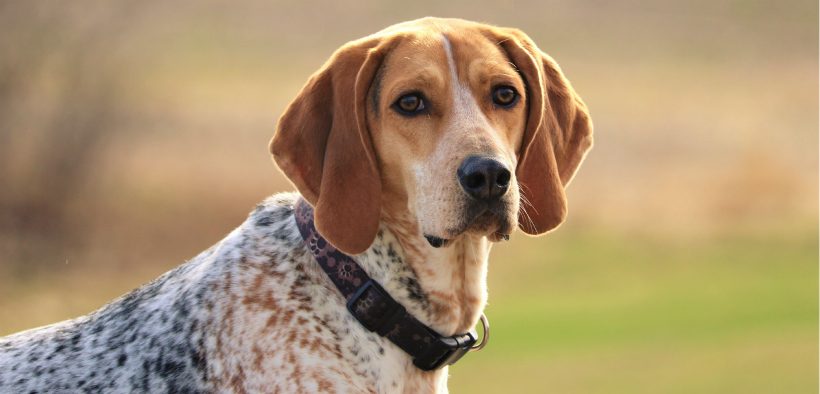Many of our students think about college as job preparation. The focus tends to be on the job and not whether it suits their skills and abilities. A lot of students are pretty convinced about what they can’t do but much less certain about their strengths—what they could do, want to do, and would be happy doing for the rest of their lives. Unfortunately, a lot of people end up in jobs that don’t make use of their talents. They have a job, not work with meaning or that brings satisfaction. Sometimes the fault lies with the job, but an education is supposed to lead to work that has personal value and relevance.
Self-Discovery in College (and on the Trail)

Related Articles
I have two loves: teaching and learning. Although I love them for different reasons, I’ve been passionate about...
Active learning is a mostly meaningless educational buzzword. It’s a feel-good, intuitively popular term that indicates concern for...
Perhaps the earliest introduction a student has with a course is the syllabus as it’s generally the first...
Generative AI allows instructors to create interactive, self-directed review activities for their courses. The beauty of these activities...
I’ve often felt that a teacher’s life is suspended, Janus-like, between past experiences and future hopes; it’s only...
I teach first-year writing at a small liberal arts college, and on the first day of class, I...
Proponents of rubrics champion them as a means of ensuring consistency in grading, not only between students within...








